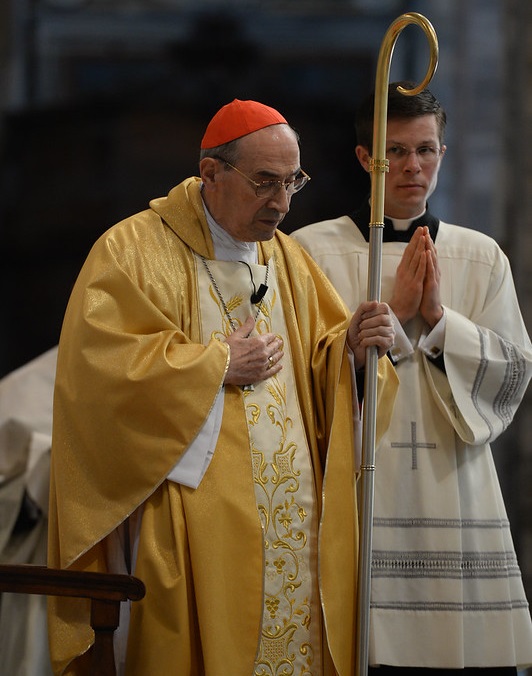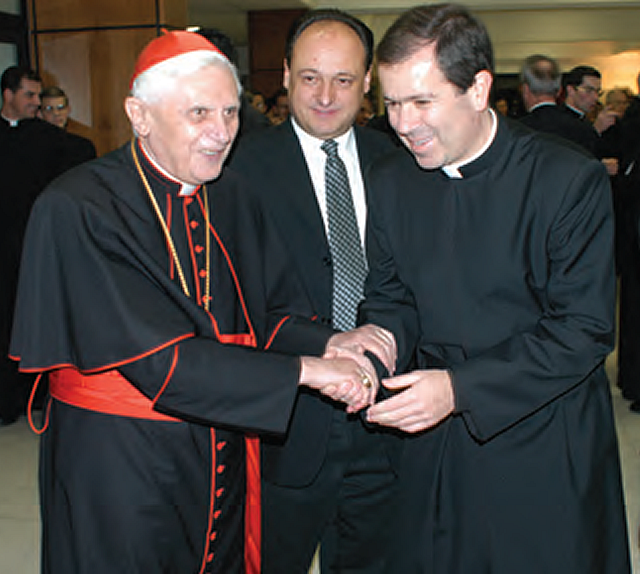At the same time, the congregation’s superiors initiated a process of institutional self-examination.
Historically, the founder of the Legion of Christ and Regnum Christi was Fr. Marcial Maciel, a Mexican priest born in Cotija de la Paz, Michoacán, in 1920, who passed away in Jacksonville, Florida, United States, on January 30, 2008. He served as superior and later as general director from 1948 to 2005.
In 2004, the Congregation for the Doctrine of the Faith initiated a canonical investigation under the norms of Pope John Paul II’s 2001 Motu Proprio Sacramentorum sanctitatis tutela. The investigation concluded in 2006. On May 19 of that year, the Holy See issued a statement on the case with the following information:
“After having subjected the results of the investigation to careful study, the Congregation for the Doctrine of the Faith, under the guidance of the new prefect, His Eminence Cardinal William Levada, has decided, considering both the advanced age of Reverend Maciel and his fragile health, to forgo a canonical trial and instead invite him to lead a reserved life of prayer and penance, renouncing all public ministry. The Holy Father has approved these decisions. Regardless of the founder’s personal actions, the meritorious apostolic work of the Legionaries of Christ and the Regnum Christi association is recognized with gratitude.”
The progressive revelation of the founder’s double life naturally caused a series of crises both within the Legion of Christ and Regnum Christi. The Holy See deemed it necessary to conduct an Apostolic Visitation, and in the conclusive statement issued on May 1, 2010, it stated:
“The Apostolic Visitation has verified that the conduct of Fr. Marcial Maciel Degollado has had serious consequences on the life and structure of the Legion, to the point of making a profound process of revision necessary. The extremely serious and objectively immoral behaviors of Fr. Maciel, confirmed by undeniable testimonies, sometimes constitute actual crimes and reveal a life devoid of scruples and true religious sentiment. This life was unknown to the majority of the Legionaries.”




